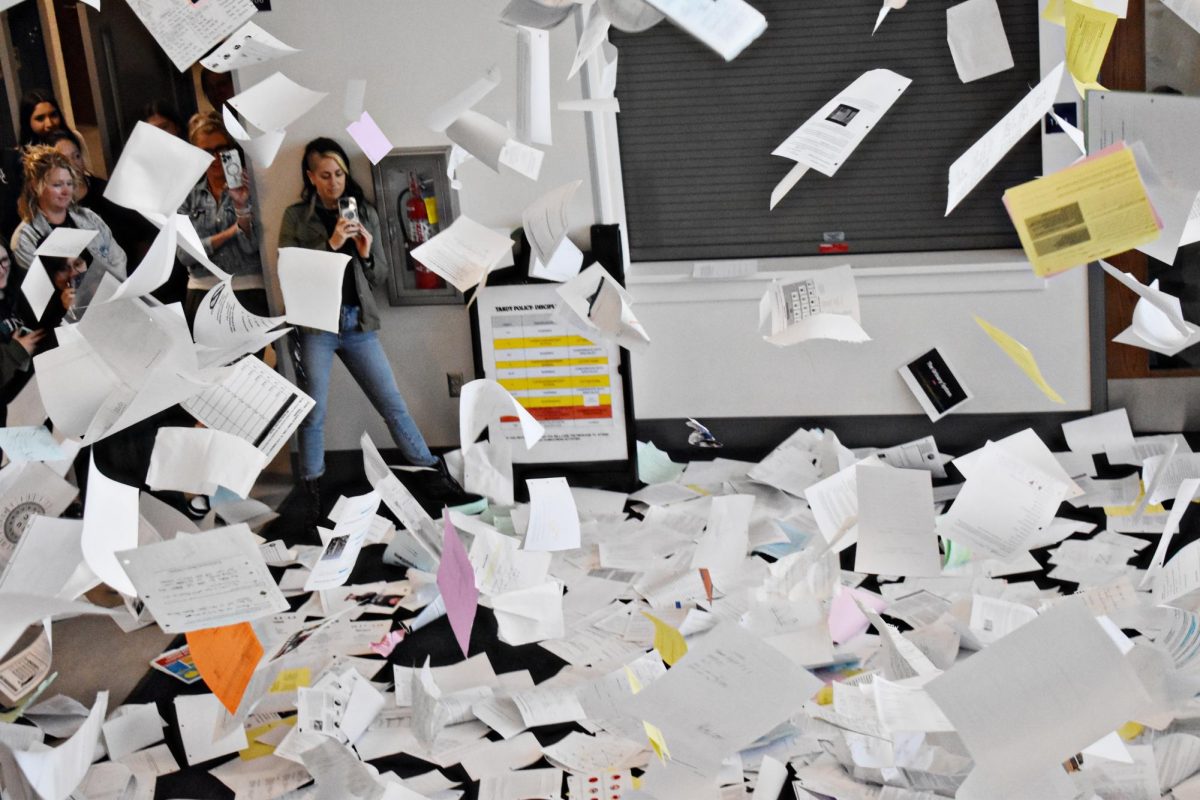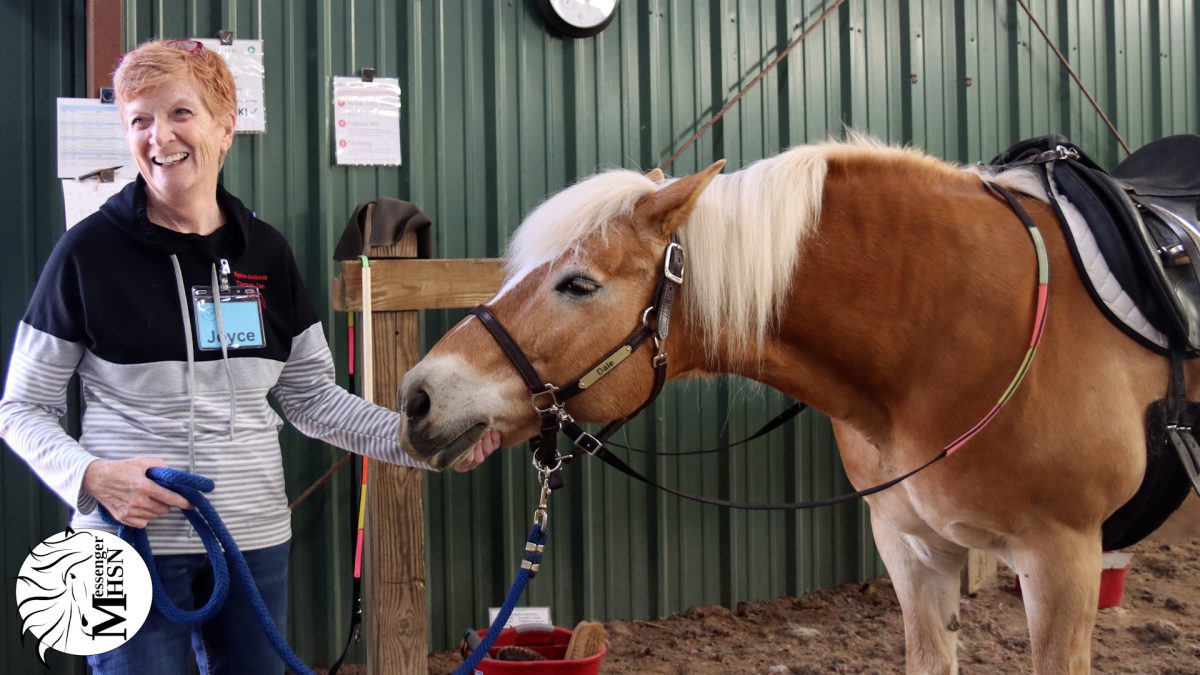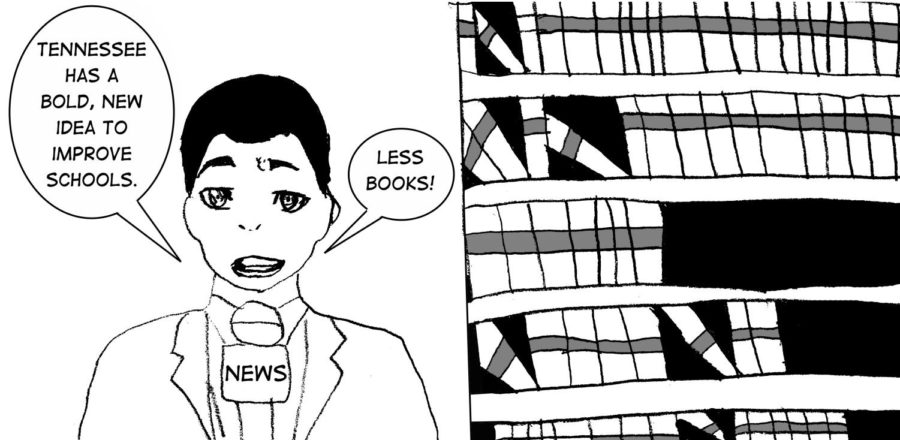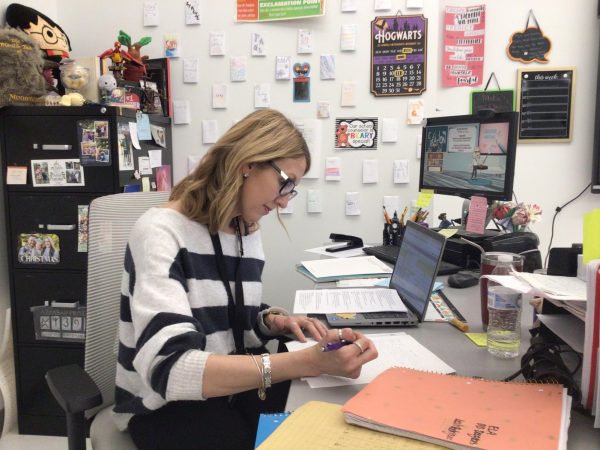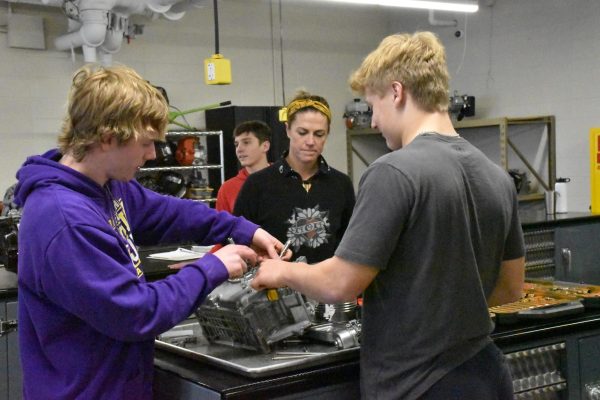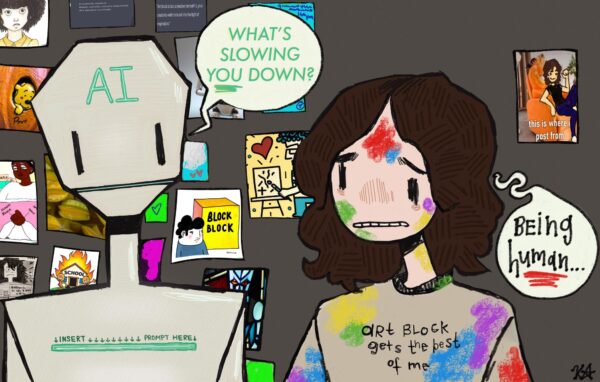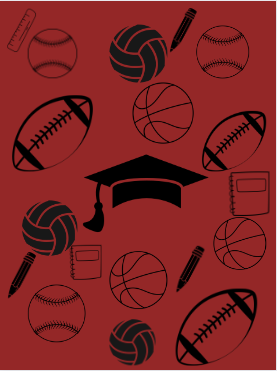TN should keep hands off school library books
ADILYN KING
MISSING BOOKS. New laws and policies may soon see books vanishing from shelves at schools across the state of Tennessee.
December 2, 2022
A new, controversial Tennessee law aims to remove books from school libraries across the state if parents don’t approve of them. This law’s goal is to remove “age-inappropriate” content from school libraries because parents decide they don’t like a book.
This means that if one parent, just one parent, complains to the librarian through a website, none of the students in the school can read that book.
This new law is a big problem because it could cause a dip in students’ grades and affect their attitude toward school. Some of the subjects parents find “offensive” are necessary for the education of students. Giving a small group of parents the ability to change every student’s education is outrageous.
The removal of books from libraries will be a huge problem. Research shows that students who read more score higher in school-related work; so much so that reading 20 minutes every day can raise scores to the 90th percentile.
Anthony Marx, the president of the New York Public Library, is one of many experts who has stated that reading for at least 20 minutes each day sharpens a variety of skills that are valuable in the workforce.
Removing certain books will cause students to not go to the school library because they want to borrow books specifically about those subjects. Their grades and scores will drop.
Tennessee already has enough problems with reading. Recent scores on the NAEP test, the “Nation’s Report Card”, proves it. Only one-third of Tennessee fourth-graders earned a proficient reading score in 2019. In Memphis, almost 80% of students aren’t reading at grade level.
Research also shows that students are more engaged in school after discussions of controversial topics, including slavery and bigotry. An ethnic studies course, developed by the San Francisco school district, increased participating ninth grade students’ attendance, course completion rates and grades, according to a University of California study.
A new bill restricting how teachers educate their students on these subjects, however, makes such discussions more difficult in Tennessee. Now, with librarians forced to remove books on these topics, students won’t have access to these subjects.
Some of the books on the chopping block also concern subjects such as World War II and the Holocaust. These subjects may be difficult to discuss, but they are also necessary topics, so that the eyes of middle school students can be opened to a small amount of the world’s darkness.
President Joe Biden said in his Juneteenth remarks that “great nations don’t ignore their most painful moments. They don’t ignore those moments of the past. They embrace them”. He’s right. Controversial topics, even when they are uncomfortable, should be talked about and taught.
Art Spiegelman’s Pulitzer Prize-winning graphic novel, “Maus”, a book showcasing the lives of Jews during the Holocaust, was removed from the 8th-grade curriculum in McMinn County, Tennessee. School board member Tony Allman complained during one meeting that the book “shows people hanging, it shows them killing kids. Why does the educational system promote this kind of stuff?”
This may be true, but all the deceased people are drawn as mice, while the Nazis are drawn as cats. This is a much easier way for kids to learn about the Holocaust.
Many of these challenged books will still be available in public libraries, so it’s completely pointless to remove the books from school libraries. Students can get a free public library card and get these books, but only if they have transportation.
Teenagers will find a way to read these books, especially if they are told not to read them. This law won’t solve the problem. It will, however, be a massive time sink for school librarians, who have to search through their libraries and catalog their titles to submit to a website so parents can look at them.
A better solution would be to create a system in which parents can find their child’s school library account and ban them from borrowing books with certain ratings or content tags. A kid would go to check out a book, but when the librarian scans it in the system would show that the parent does not approve of the book.
This would mean that, outside of the class curriculum, students wouldn’t be exposed to said subjects. Suddenly one or two parents won’t be able to tell every kid in the school district what to read.
There are around 800 kids at Sevier, and letting one parent change what books are available for their child would potentially stop 799 other kids from reading a book.
We have seen so many cases of censorship in the past. It has never done anything good. There’s never a good reason to create an obstacle for the public from finding the truth.
This story was originally published on The Sequoyah Scribe on November 22, 2022.





![With the AISD rank and GPA discrepancies, some students had significant changes to their stats. College and career counselor Camille Nix worked with students to appeal their college decisions if they got rejected from schools depending on their previous stats before getting updated. Students worked with Nix to update schools on their new stats in order to fully get their appropriate decisions. “Those who already were accepted [won’t be affected], but it could factor in if a student appeals their initial decision,” Principal Andy Baxa said.](https://bestofsno.com/wp-content/uploads/2024/05/53674616658_18d367e00f_o-1200x676.jpg)
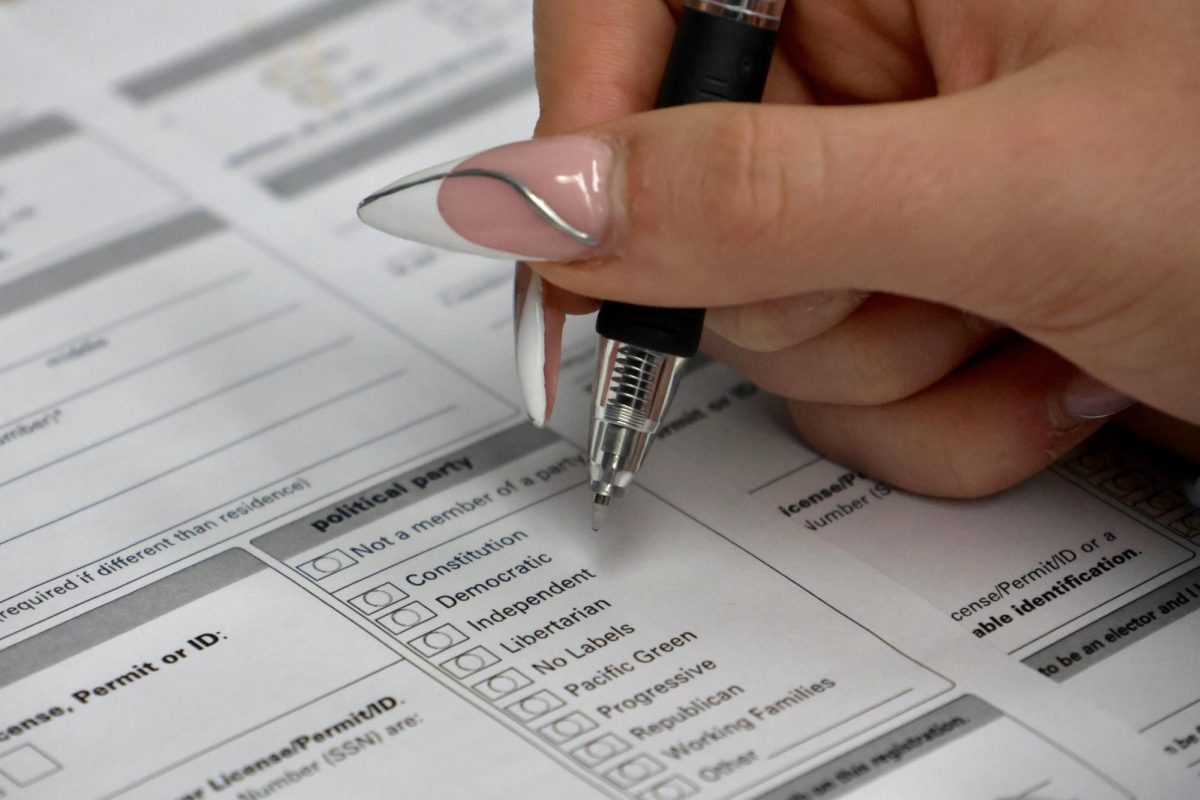


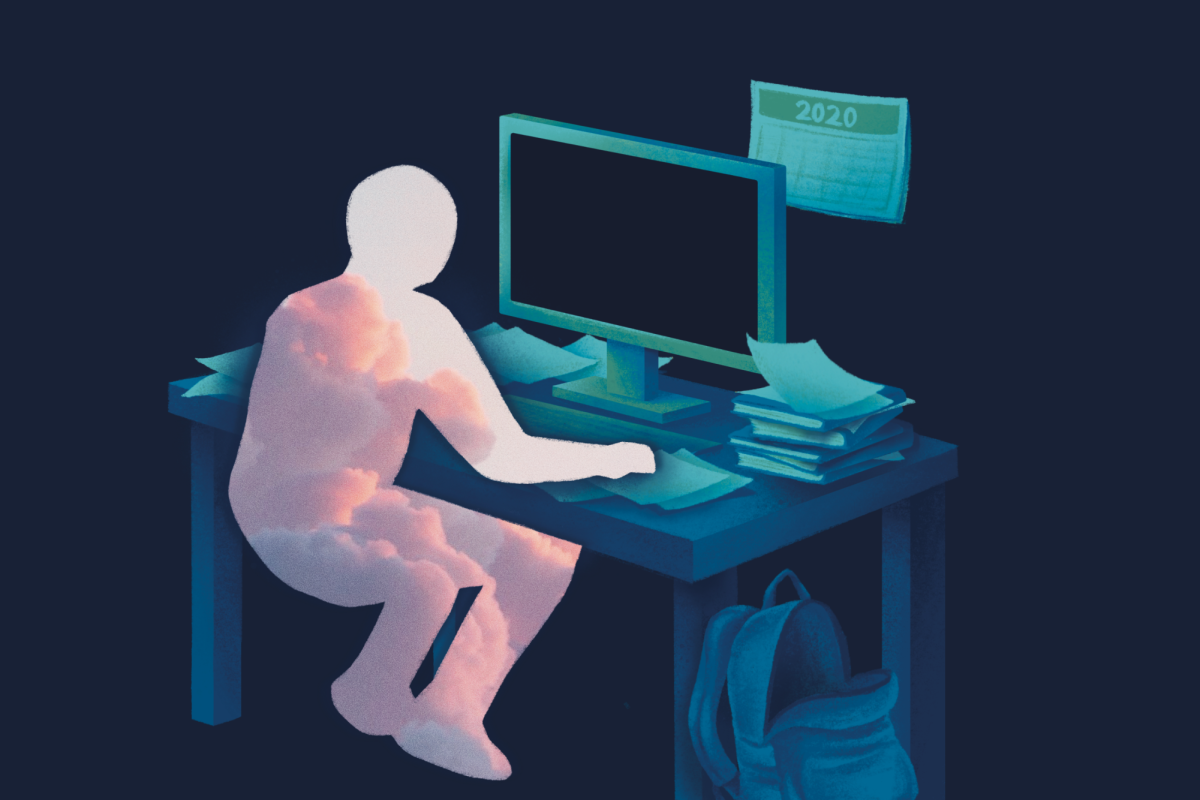


![Junior Mia Milicevic practices her forehand at tennis practice with the WJ girls tennis team. “Sometimes I don’t like [tennis] because you’re alone but most of the time, I do like it for that reason because it really is just you out there. I do experience being part of a team at WJ but in tournaments and when I’m playing outside of school, I like that rush when I win a point because I did it all by myself, Milicevic said. (Courtesy Mia Milicevic)](https://bestofsno.com/wp-content/uploads/2024/06/c54807e1-6ab6-4b0b-9c65-bfa256bc7587.jpg)


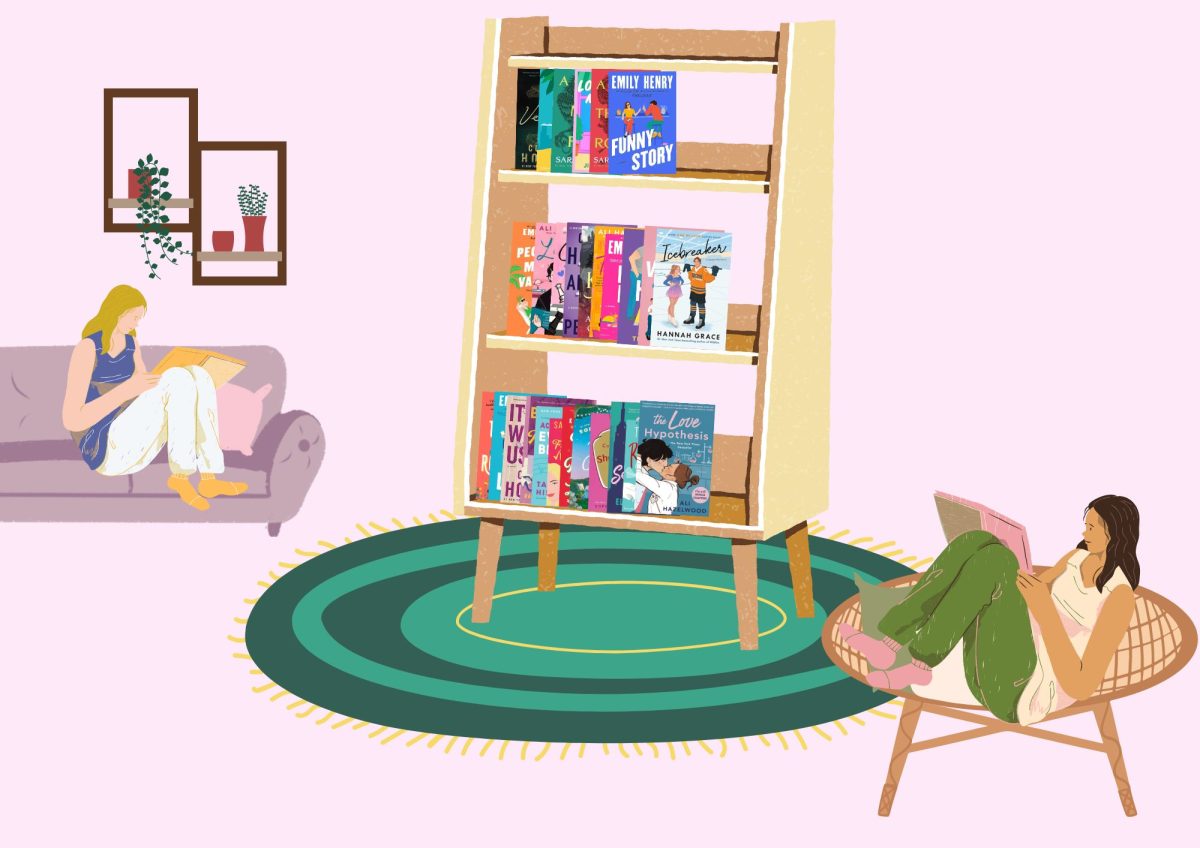


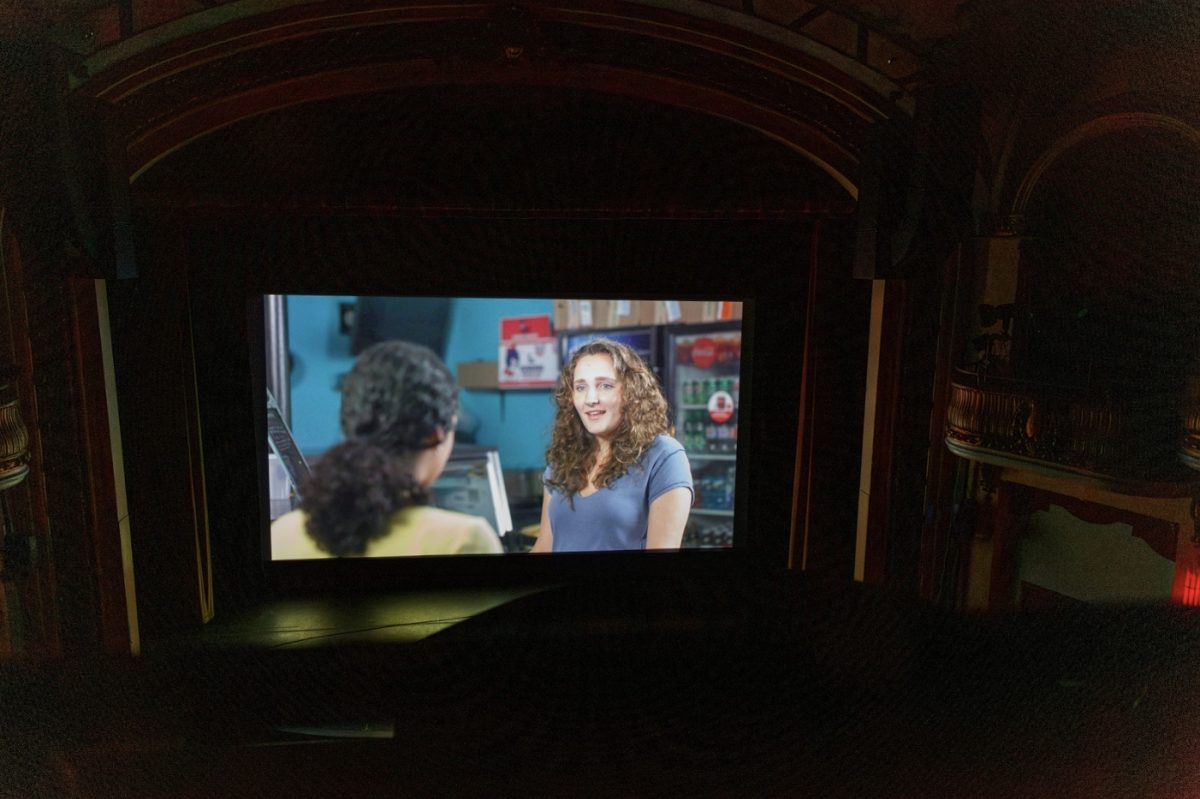

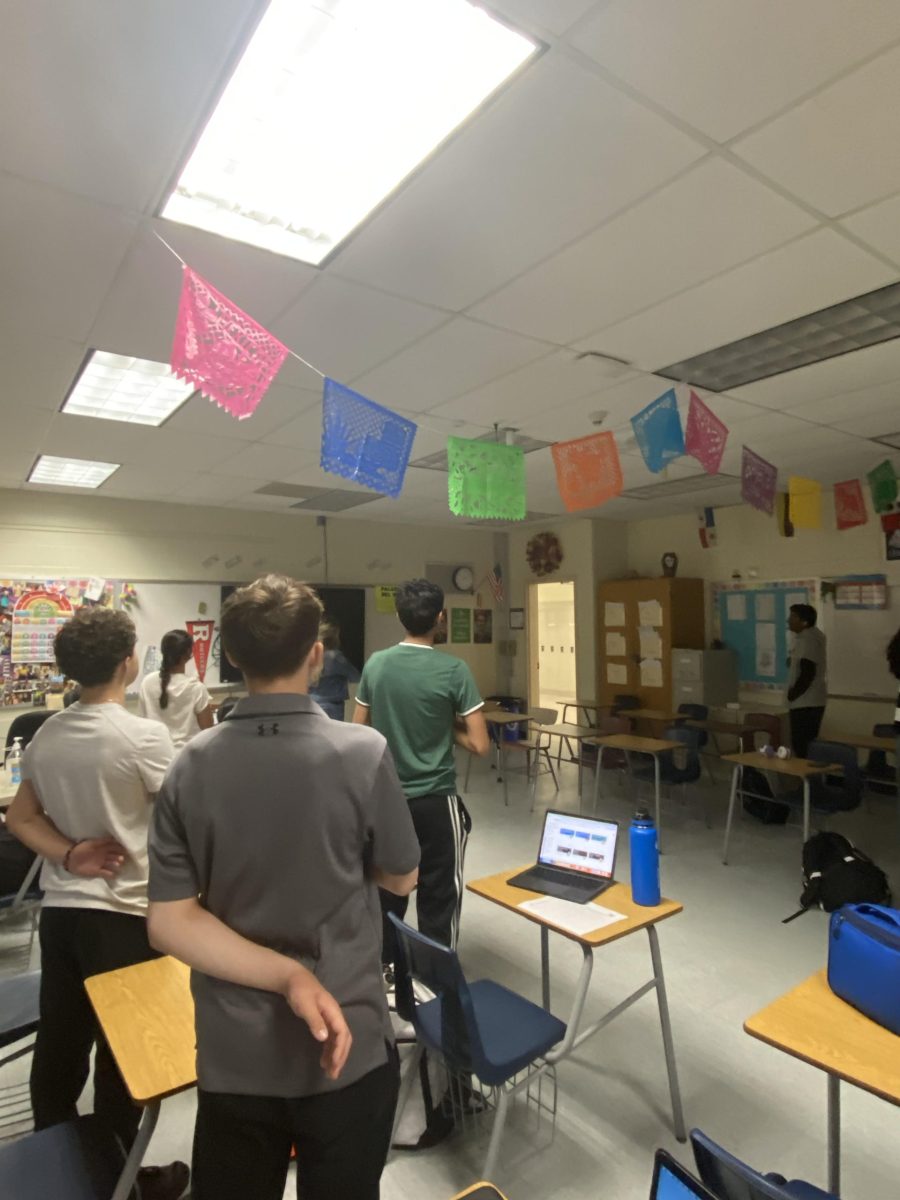
![The Jaguar student section sits down while the girls basketball team plays in the Great Eight game at the Denver Coliseum against Valor Christian High School Feb. 29. Many students who participated in the boys basketball student section prior to the girls basketball game left before half-time. I think it [the student section] plays a huge role because we actually had a decent crowd at a ranch game. I think that was the only time we had like a student section. And the energy was just awesome, varsity pointing and shooting guard Brooke Harding ‘25 said. I dont expect much from them [the Golden Boys] at all. But the fact that they left at the Elite Eight game when they were already there is honestly mind blowing to me.](https://bestofsno.com/wp-content/uploads/2024/05/IMG_7517-e1716250578550-900x1200.jpeg)
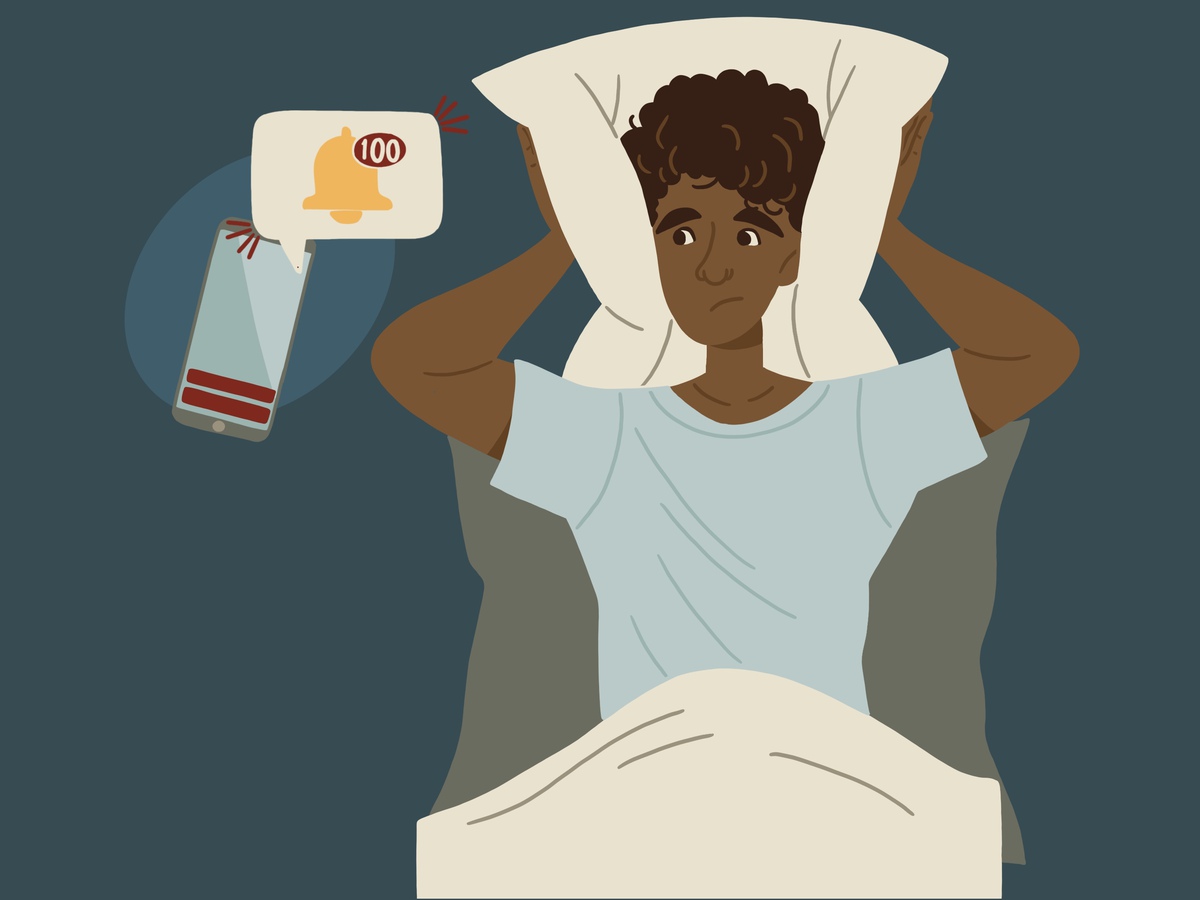
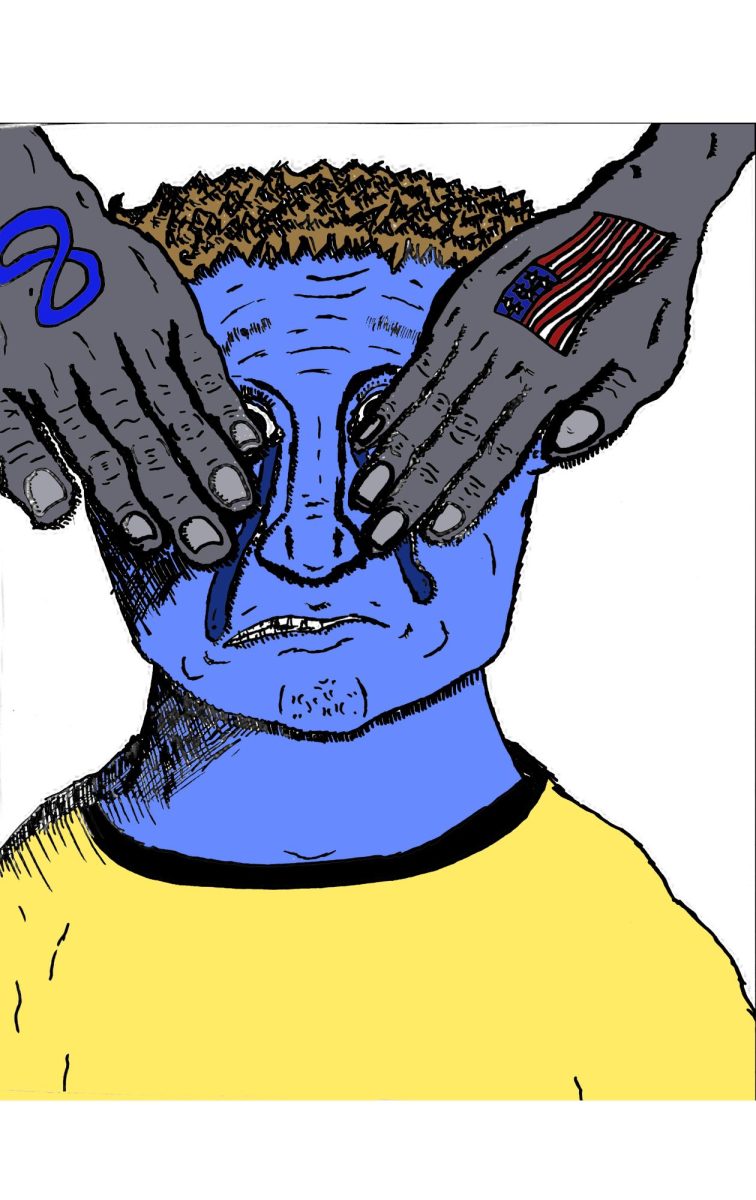
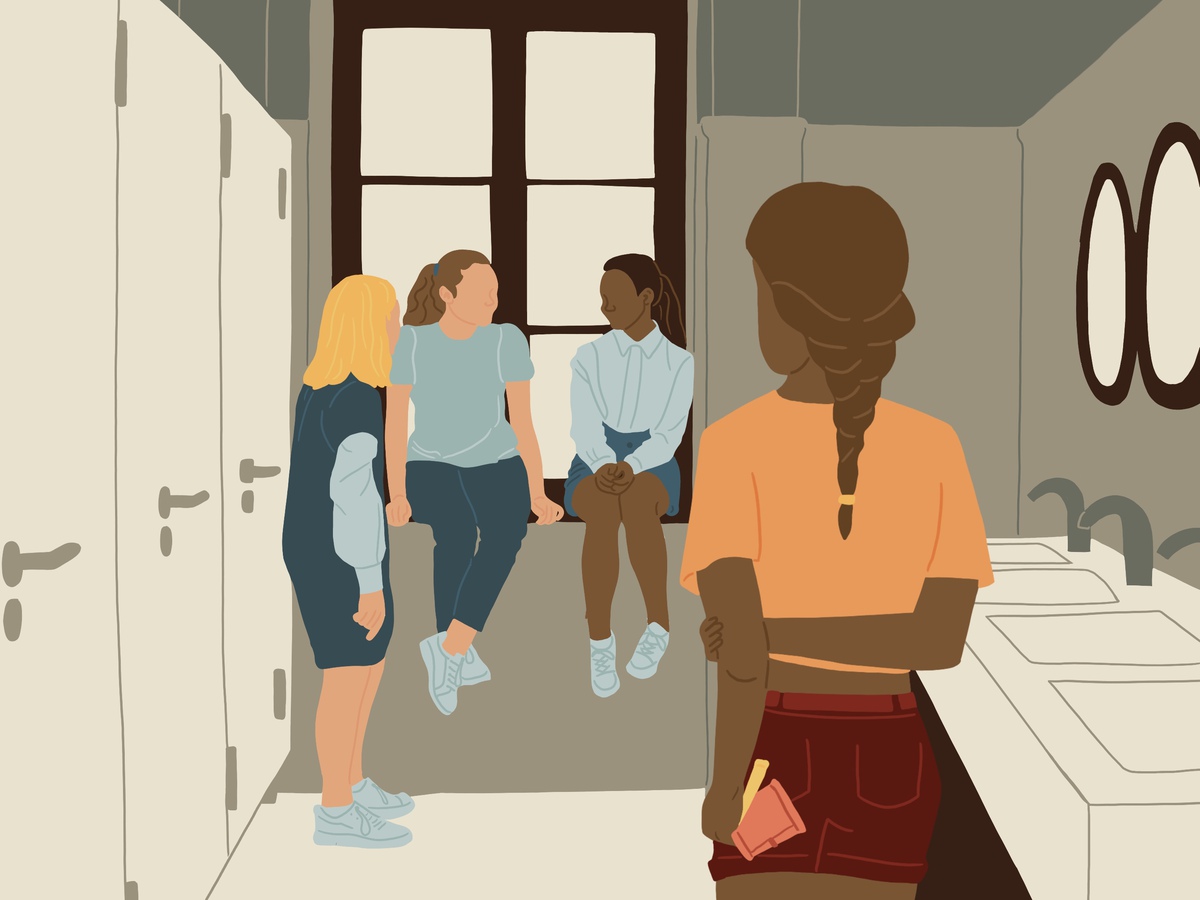
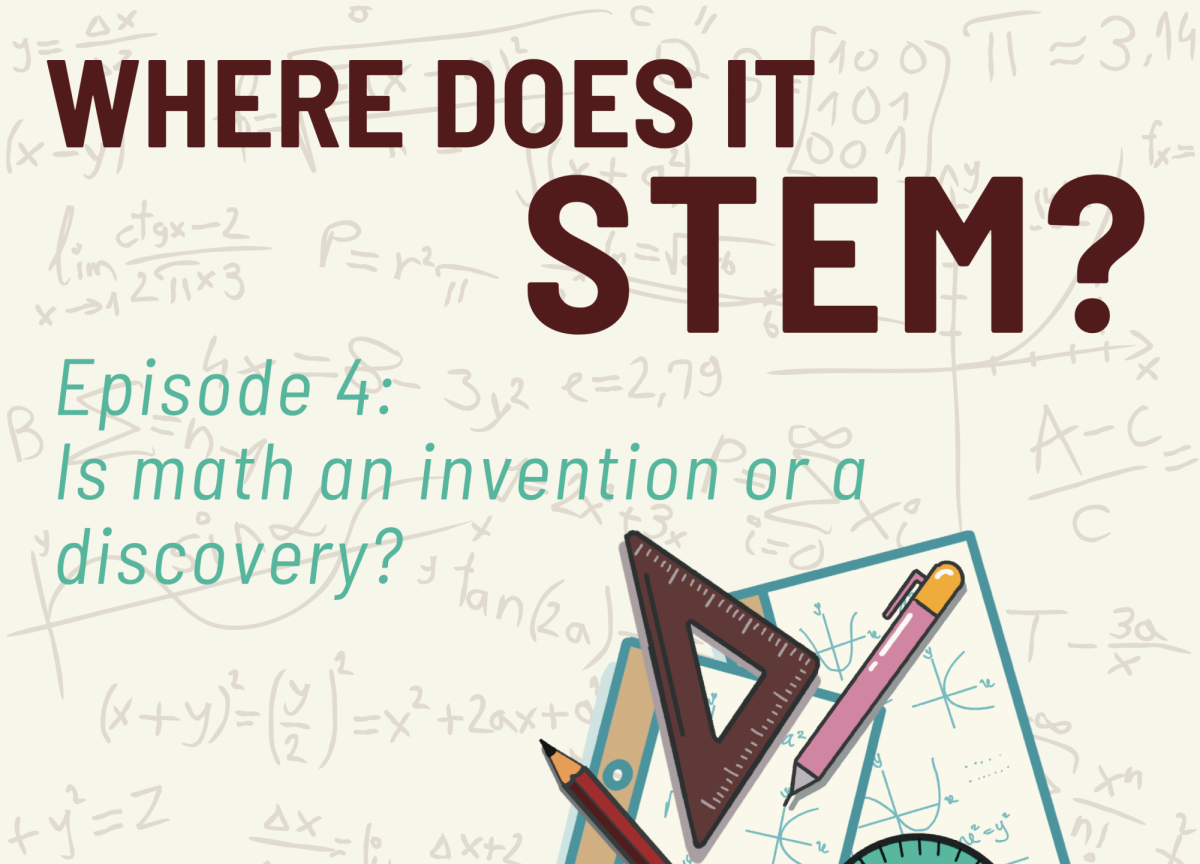

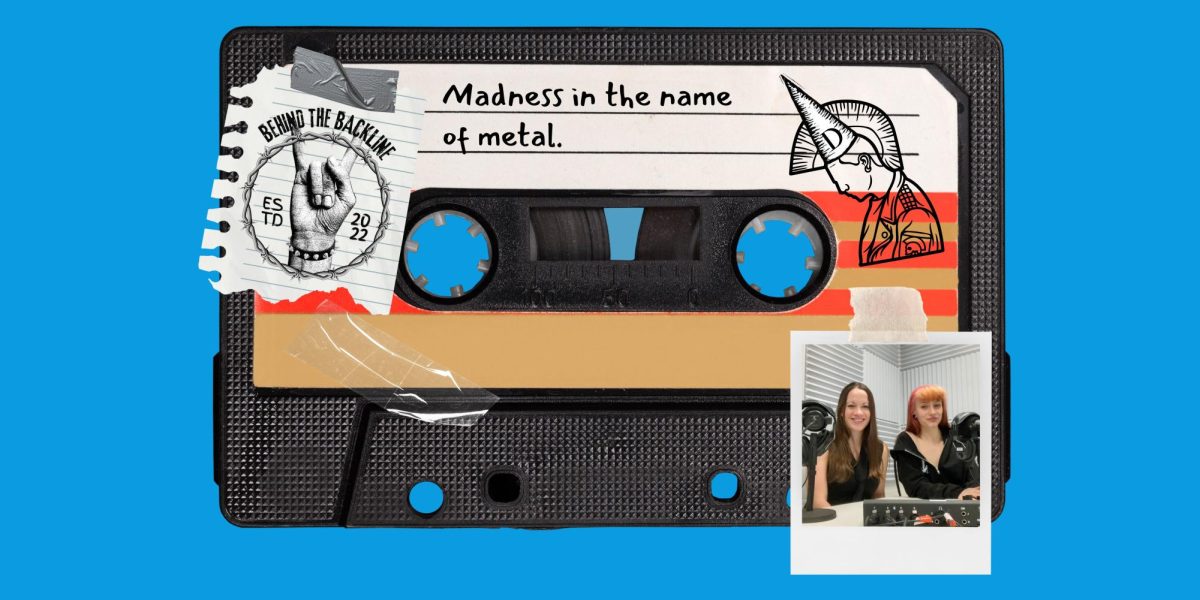
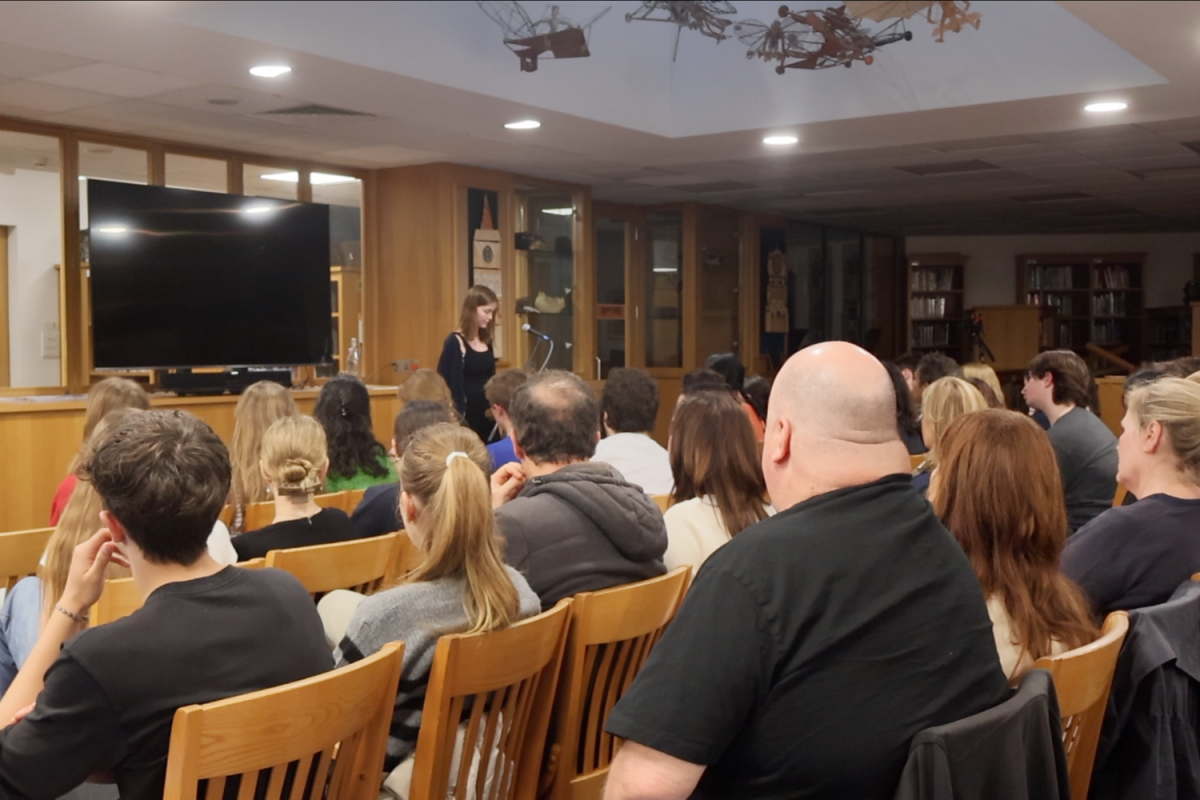

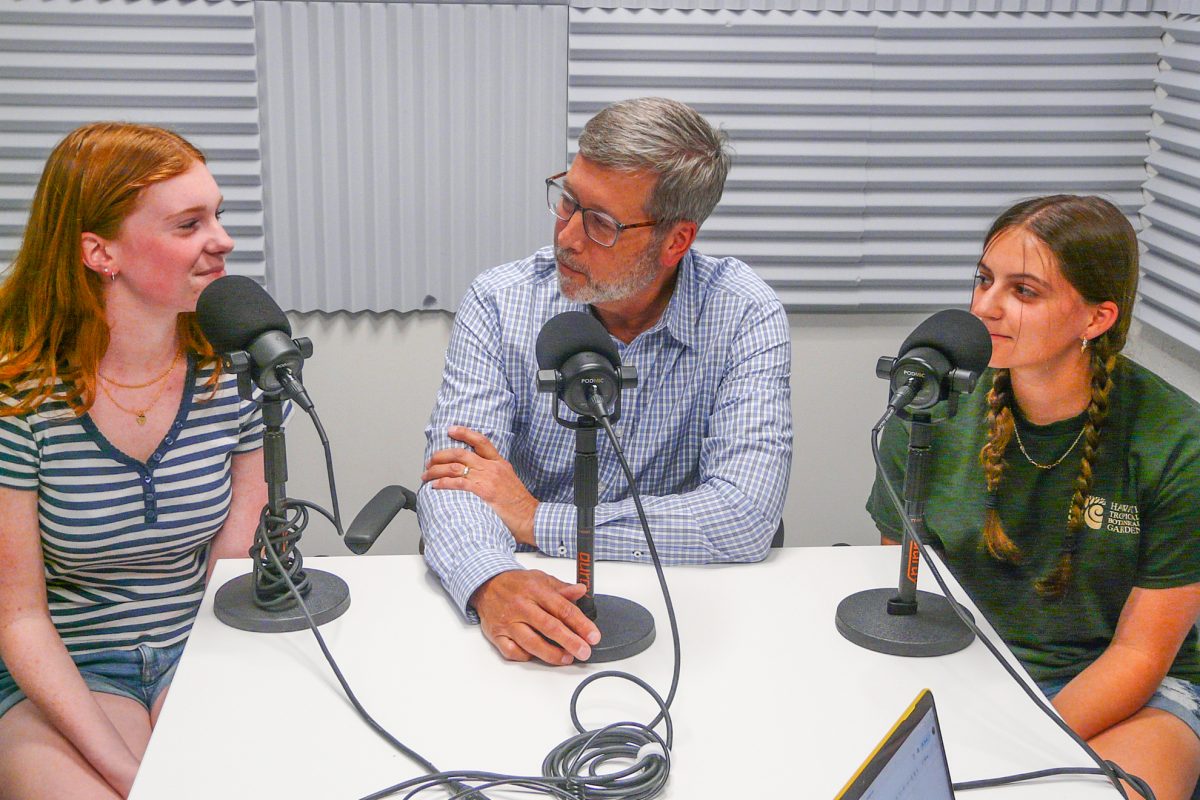
![BACKGROUND IN THE BUSINESS: Dressed by junior designer Kaitlyn Gerrie, senior Chamila Muñoz took to the “Dreamland” runway this past weekend. While it was her first time participating in the McCallum fashion show, Muñoz isn’t new to the modeling world.
I modeled here and there when I was a lot younger, maybe five or six [years old] for some jewelry brands and small businesses, but not much in recent years,” Muñoz said.
Muñoz had hoped to participate in last year’s show but couldn’t due to scheduling conflicts. For her senior year, though, she couldn’t let the opportunity pass her by.
“It’s [modeling] something I haven’t done in a while so I was excited to step out of my comfort zone in a way,” Muñoz said. “I always love trying new things and being able to show off designs of my schoolmates is such an honor.”
The preparation process for the show was hectic, leaving the final reveal of Gerrie’s design until days before the show, but the moment Muñoz tried on the outfit, all the stress for both designer and model melted away.
“I didn’t get to try on my outfit until the day before, but the look on Kaitlyn’s face when she saw what she had worked so hard to make actually on a model was just so special,” Muñoz said. “I know it meant so much to her. But then she handed me a blindfold and told me I’d be walking with it on, so that was pretty wild.”
Caption by Francie Wilhelm.](https://bestofsno.com/wp-content/uploads/2024/05/53535098892_130167352f_o-1200x800.jpg)

